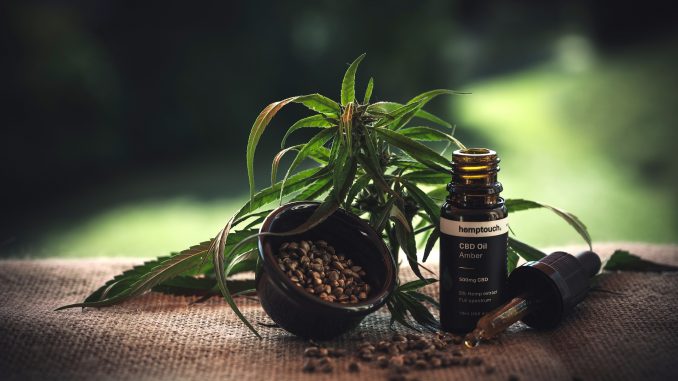
An increasing number of consumers are turning to CBD oil to treat medical conditions. But with the regulations and clinical evidence being so confusing, many are unsure whether the products they’re buying are safe and if they actually work.
So, what is CBD and how can customers be sure they know what they’re getting?
CBD – or cannabidiol) – is a non-psychoactive chemical compound that’s extracted from cannabis plants. It’s widely believed that it affects the cell-signalling system in the body, and there’s evidence that this can help regulate sleep, immune responses and help with pain.
Although research is ongoing, many scientists believe it can help with many common health conditions including anxiety and depression, chronic pain, and insomnia. Lots of people have reported positive effects from CBD and it’s become very popular in recent years.
The CBD market is huge, and this is party due to growing demand – the market is now higher than vitamin C and vitamin D supplements combined. But it’s also down to also down to high prices: prices for CBD can be as high as £80 for 30ml in the UK.
However, one of the main concerns of consumers is the current regulations. For example, there have been reports that for some CBD oils being sold, the labelling isn’t accurate and there is currently no protection to stop consumers being sold faulty – or potentially dangerous – products.
Some investigations have found the labels for some oils are still unclear when it comes to the contents and strength of the products. Others have found that some products contained much less CBD than was claimed on the label.
In fact, a recent study by the Centre for Medicinal Cannabis (CMC) found that CBD oil in one pharmacy contained no CBD at all, and 11 contained less than half of the stated amount.
In addition, because CBD comes in many forms, the regulations can be confusing. For instance, creams and cosmetics fall under cosmetic regulations and vape oil is classed as a food supplement, while vape oil is covered by tobacco and e-cigarette regulations.
However, medical-grade CBD products that are approved for medical use, like treating severe epilepsy, are subject to strict controls and regulations.
The question is, then: what’s next for CBD? The regulations are yet to catch up to the impressive growth seen in the market and current regulations are confusing for consumers, as well as for legitimate manufacturers and sellers trying to comply with the rules.
The CMC says that, in order to create more trust in the industry, it plans to introduce new industry standards that would mean all products would be independently tested in a lab. But until then, the advice to consumers is to proceed with caution and to do plenty of research before buying a CBD product.


Leave a Reply